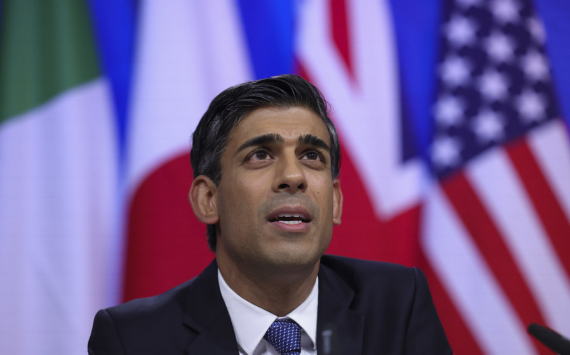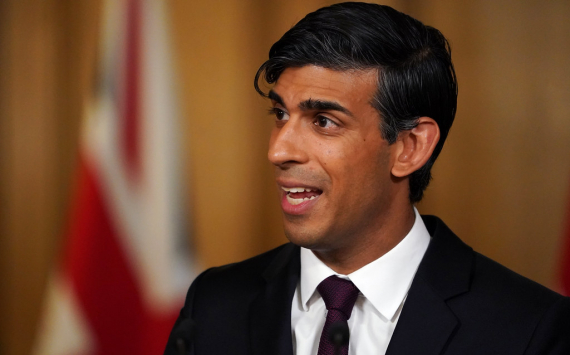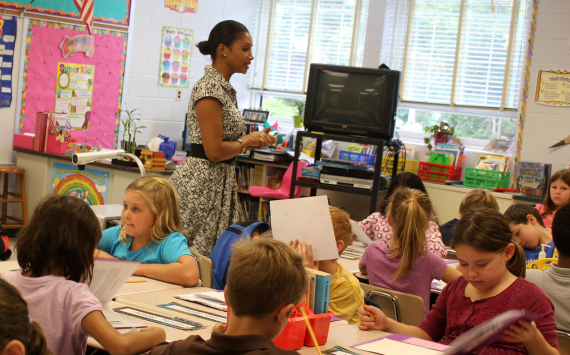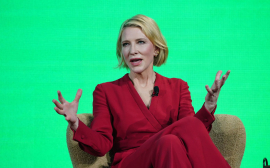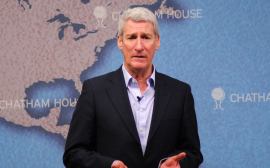Description
The Observer is a British newspaper published on Sundays. In the same place on the political spectrum as its sister papers The Guardian and The Guardian Weekly, whose parent company Guardian Media Group Limited acquired it in 1993, it takes a social liberal or social democratic line on most issues. First published in 1791, it is the world's oldest Sunday newspaper.
History
Origins
The first issue, published on 4 December 1791 by W.S. Bourne, was the world's first Sunday newspaper. Believing that the paper would be a means of wealth, Bourne instead soon found himself facing debts of nearly £1,600. Though early editions purported editorial independence, Bourne attempted to cut his losses and sell the title to the government. When this failed, Bourne's brother (a wealthy businessman) made an offer to the government, which also refused to buy the paper but agreed to subsidise it in return for influence over its editorial content. As a result, the paper soon took a strong line against radicals such as Thomas Paine, Francis Burdett and Joseph Priestley.
19th century
In 1807, the brothers decided to relinquish editorial control, naming Lewis Doxat as the new editor. Seven years later, the brothers sold The Observer to William Innell Clement, a newspaper proprietor who owned a number of publications. The paper continued to receive government subsidies during this period; in 1819, of the approximately 23,000 copies of the paper distributed weekly, approximately 10,000 were given away as "specimen copies", distributed by postmen who were paid to deliver them to "lawyers, doctors, and gentlemen of the town." Yet the paper began to demonstrate a more independent editorial stance, criticising the authorities' handling of the events surrounding the Peterloo Massacre and defying an 1820 court order against publishing details of the trial of the Cato Street Conspirators, who were alleged to have plotted to murder members of the Cabinet. The woodcut pictures published of the stable and hayloft where the conspirators were arrested reflected a new stage of illustrated journalism that the newspaper pioneered during this time.
Clement maintained ownership of The Observer until his death in 1852. During that time, the paper supported parliamentary reform, but opposed a broader franchise and the Chartist leadership. After Doxat retired in 1857, Clement's heirs sold the paper to Joseph Snowe, who also took over the editor's chair. Under Snowe, the paper adopted a more liberal political stance, supporting the North during the American Civil War, and endorsing universal manhood suffrage in 1866.[citation needed] These positions contributed to a decline in circulation during this time.
In 1870, wealthy businessman Julius Beer bought the paper and appointed Edward Dicey as editor, whose efforts succeeded in reviving circulation. Though Beer's son Frederick became the owner upon Julius's death in 1880, he had little interest in the newspaper and was content to leave Dicey as editor until 1889. Henry Duff Traill took over the editorship after Dicey's departure, only to be replaced in 1891 by Frederick's wife, Rachel Beer, of the Sassoon family. Though circulation declined during her tenure, she remained as editor for thirteen years, combining it in 1893 with the editorship of The Sunday Times, a newspaper that she had also bought.
20th century
Upon Frederick's death in 1903, the paper was purchased by the newspaper magnate Lord Northcliffe. After maintaining the existing editorial leadership for a couple of years, in 1908 Northcliffe named James Louis Garvin as editor. Garvin quickly turned the paper into an organ of political influence, boosting circulation from 5,000 to 40,000 within a year of his arrival as a result. Yet the revival in the paper's fortunes masked growing political disagreements between Garvin and Northcliffe. These disagreements ultimately led Northcliffe to sell the paper to William Waldorf Astor in 1911, who transferred ownership to his son Waldorf Astor, 2nd Viscount Astor four years later.
During this period, the Astors were content to leave the control of the paper in Garvin's hands. Under his editorship circulation reached 200,000 during the interwar years, a figure which Garvin fought to maintain even during the depths of the Great Depression. Politically the paper pursued an independent Conservative stance, which eventually brought Garvin into conflict with Waldorf's more liberal son David Astor. Their conflict contributed to Garvin's departure as editor in 1942, after which the paper took the unusual step of declaring itself non-partisan.
Ownership passed to Waldorf's sons in 1948, with David taking over as editor. He remained in the position for 27 years, during which time he turned it into a trust-owned newspaper employing, among others, George Orwell, Paul Jennings and C. A. Lejeune. Under Astor's editorship The Observer became the first national newspaper to oppose the government's 1956 invasion of Suez, a move which cost it many readers. In 1977, the Astors sold the ailing newspaper to US oil giant Atlantic Richfield (now called ARCO) who sold it to Lonrho plc in 1981.
It became part of the Guardian Media Group in June 1993, after a rival bid to acquire it by The Independent was rejected.
Farzad Bazoft, a journalist for The Observer, was executed in Iraq in 1990 on charges of spying. In 2003, The Observer interviewed the Iraqi colonel who had arrested and interrogated Bazoft and who was convinced that Bazoft was not a spy.
21st century
In 2003 the editorial supported the Iraq war, stating "Military intervention in the Middle East holds many dangers. But if we want a lasting peace it may be the only option."
On 27 February 2005, The Observer Blog was launched, making The Observer the first newspaper to purposely document its own internal decisions, as well as the first newspaper to release podcasts. The paper's regular columnists include Andrew Rawnsley and Nick Cohen.
In addition to the weekly Observer Magazine colour supplement which is still present every Sunday, for several years each issue of The Observer came with a different free monthly magazine. These magazines had the titles Observer Sport Monthly, Observer Music Monthly, Observer Woman and Observer Food Monthly.
Content from The Observer is included in The Guardian Weekly for an international readership.
The Observer followed its daily partner The Guardian and converted to Berliner format on Sunday 8 January 2006.
The Observer was awarded the National Newspaper of the Year at the British Press Awards 2007. Editor Roger Alton stepped down at the end of 2007, and was replaced by his deputy, John Mulholland.
In early 2010, the paper was restyled. An article on the paper's website previewing the new version stated that "The News section, which will incorporate Business and personal finance, will be home to a new section, Seven Days, offering a complete round-up of the previous week's main news from Britain and around the world, and will also focus on more analysis and comment."
In July 2021, Ofcom announced that The Guardian continued to be the UK's most widely used newspaper website and app for news and had increased its audience share by 1% over the preceding year. 23% of consumers, who used websites or apps for news, used The Guardian, which also hosts The Observer online content.[when?] This compared to 22% for the Daily Mail website.






